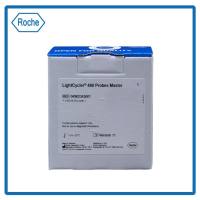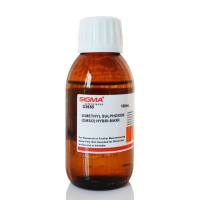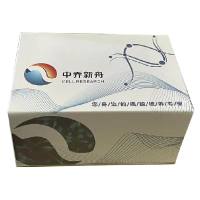FIT-Probes in Real-Time PCR
互联网
561
Forced intercalation probes (FIT-probes) are peptide nucleic acid-based probes in which the thiazole orange dye replaces a canonical nucleobase. FIT-probes are used in homogenous DNA detection. The analysis is based on sequence-specific binding of the FIT-probe with DNA. Binding of the FIT-probe places thiazole orange in the interior of the formed duplex. The intercalation of thiazole orange between nucleobases of the formed probe-target duplex restricts the torsional flexibility of the two heterocyclic ring systems. As a result, FIT probes show strong enhancements of fluorescence upon hybridization. A remarkable attenuation of fluorescence is observed when forcing thiazole orange to intercalate next to a mismatched base pair. This base specificity of fluorescence signaling, which adds to the specificity of probe-target recognition, allows the detection of single base mutations even at non-stringent hybridization conditions.
The performance of FIT-probes in real-time PCR is demonstrated in an assay for the SNPtyping of human H-ras . FIT-probe was added at the start of a real-time amplification containing the wild-type (G,G)-allele, mutant (T,T)-allele or heterozygous (G,T)-allele of the human H-ras gene. The identity of the target DNA is determined in real time due to significant differences in signal intensities.









